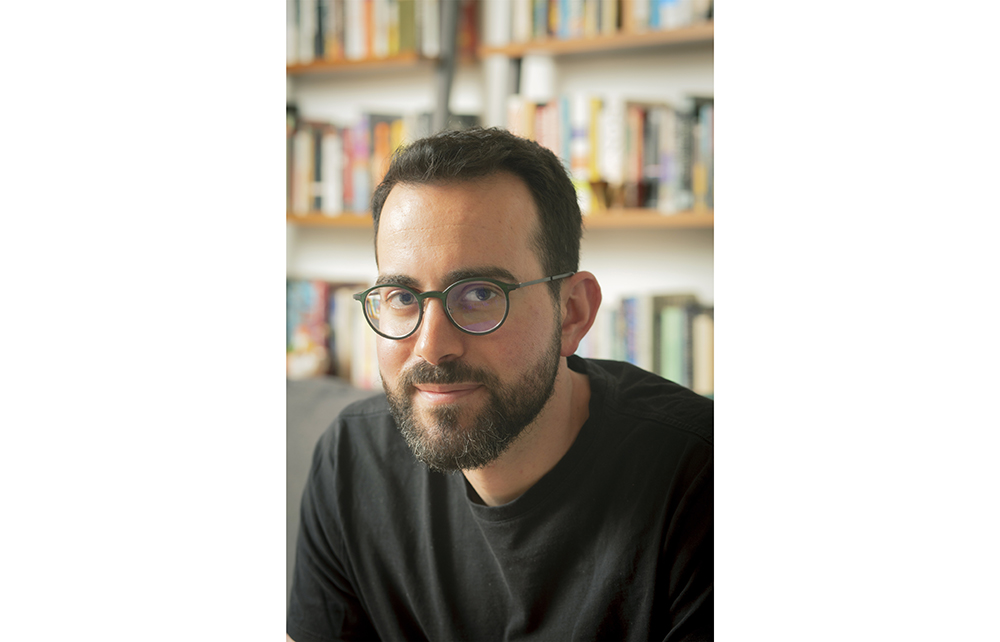This is the kind of comic novel I greatly admire, because it makes me feel so anxious and wrong-footed. I laughed wholeheartedly until an inner voice chided, in a contradictory fashion, ‘that’s not supposed to be funny’ and ‘can’t you see it’s a joke?’ Given that the book is about that very modern set of dilemmas, my admiration for Julius Taranto’s work is even greater.
The novel’s protagonist is Helen, a graduate student, who explains her field in the opening sentence: ‘The Rubin Institute had nothing to do with high-temperature superconductors, so I cannot say I had spent much time thinking about it.’ Her supervisor has been offered a position at the prestigious university, the catch being it is known colloquially as Rape Island. Founded by an insanely wealthy plutocrat, his private college has hoovered up the ‘moral grotesques – the harassers, racists, bigots and zealots’ who have been purged. Rubin’s motto: ‘Give me your cancellees, your deplorables, your pre-eminent deviants, we’ll take them!’
Helen may have misgivings, but her partner, Hew, expresses, rather loudly and insistently, his distaste. Nevertheless they go, her personal moral quid pro quo being having to go vegan. As Hew becomes more interested in outraged protestors and direct action, Helen is fascinated by an elderly Jewish novelist who fell foul for saying: ‘Wokeness is a theology… with no text, no god, no organising myth or principles, no tradition… it is the religion of the mob.’
Taranto is an equal opportunities satirist, in that both sides are represented as equally absurd. More significantly, both have ethical blind spots. Rubin gleefully calls his grandiose architectural folly ‘the Endowment’, but when he gives places to right-wing extremists with the rationale that higher education is supposed to inculcate liberal attitudes, the joke is darker and the point well made. The ragtag progressives are ludicrous, but when it is not enough to hold an opinion, and one must be demonstrative about holding it, they too slip into something much less funny.
Both sides are oddly melancholy. Perry, Helen’s supervisor, swoons that it is ‘like Oxford in the good old days’. The radicals seek to extend their undergraduate days, so that the ‘entire country… has the culture of a college campus’. Both sides are hankering after gilded idylls. The novel’s core applies far beyond student politics. Helen berates the novelist, asking: ‘Why do you writers not write more about work? Not things that happen at work or things that happen because of work, but the actual work?’ He replies sanguinely: ‘If we were interested in other jobs, we’d probably be doing those jobs. They’d certainly pay better.’ A hit, a very palpable hit.






Comments